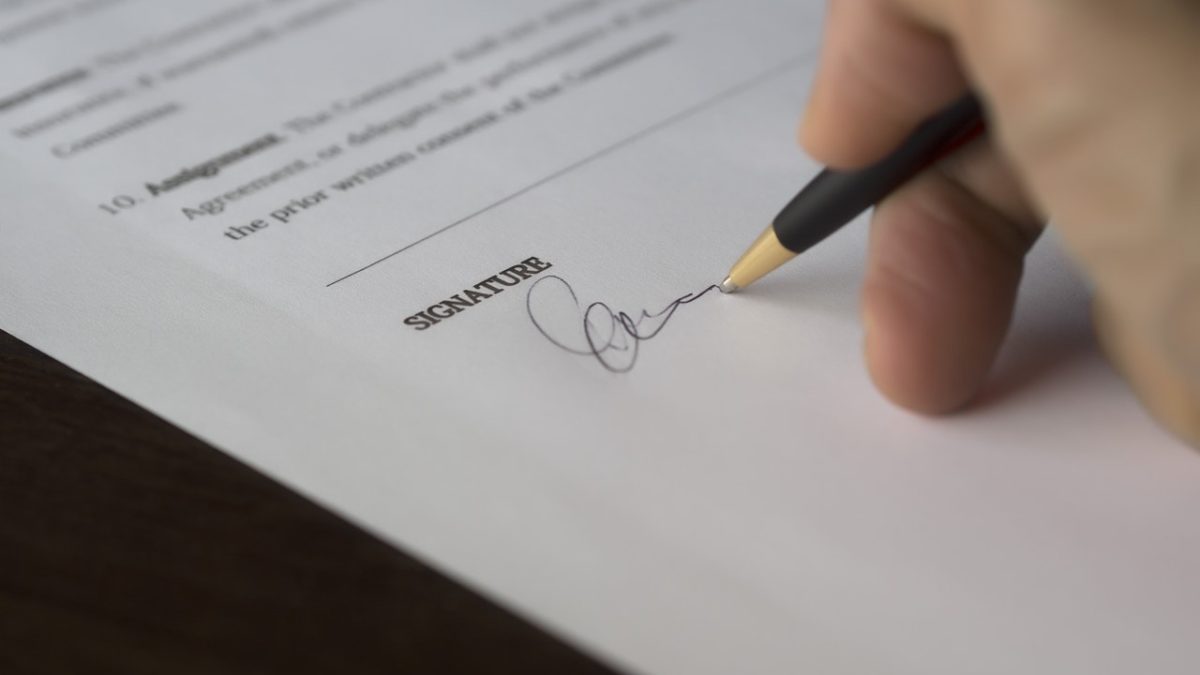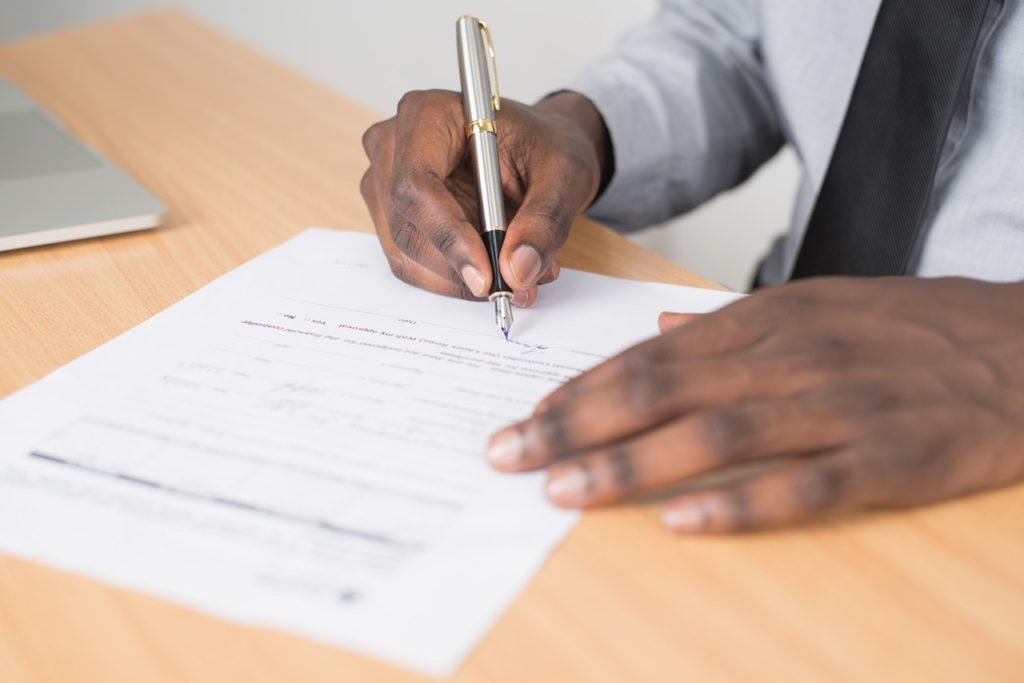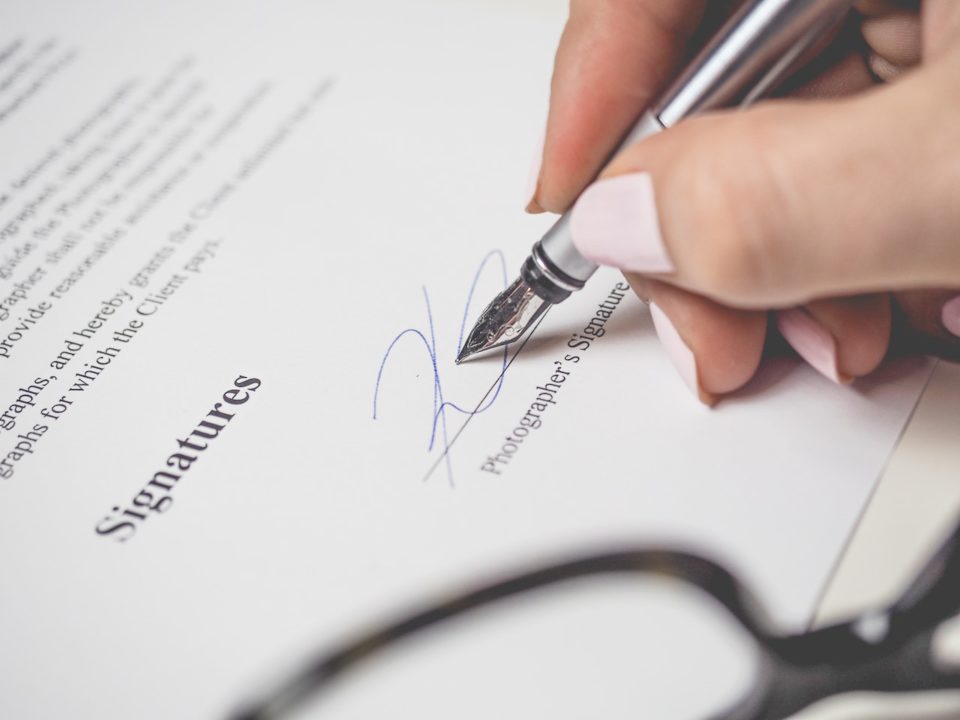- EXPERIENCED LAW FIRM IN TOLEDO, OH
- (419) 662-3100
Challenging & Contesting a Forged Will

Estate Litigation Explained
February 14, 2020
What Happens If You Are Left Out of A Will?
March 16, 2020Going to the reading of a loved one’s will, only to find it vastly different than what you expect or what was communicated to you by your loved one before death, is a frustrating situation. If you have reason to believe the will was forged, you need to understand your legal options. While this is not an easy legal process to enter, it is possible to contend a will that you suspect is forged.
Signs a Will Is Forged
First, make sure you understand what signs indicate a will is a potential forgery. Just because you are not happy with the contents of the will does not mean it is forged. However, some common signs may indicate you may have a forgery on your hands.
First, look for suspicious modifications. For example, if the will appears to have manipulated pages or pages that are missing, or if there are things erased or scratched out, then it may have been modified by someone other than the deceased.
Next, make sure the will has all of the correct formalities in place, such as the signature of a notary or attorney.
Finally, check the signature. If the name does not appear to be the signature of your loved one, or if a handwriting analyst expresses doubt about the signature, you may have grounds for a case.
Start the Investigation
If, after taking a closer look, you have reason to believe the will is a forgery, the first thing to do is to start the investigation about the will’s legitimacy. This may require some interviewing of people close to the deceased and those who helped with the will’s creation, but be careful. Do not interview so many people that you arouse the suspicions of others who have a stake in the will’s contents. These conversations will help you know if you have reason to challenge the will. If you feel you do, then the next step is to talk to an attorney to guide you through the legal process.
Gather Evidence
If your attorney agrees that you have a valid case, then you need to start seriously gathering evidence. Examples of proof about a will’s validity include:
- Witness reports from people who were close with the deceased towards the end of life
- Handwriting expert reports evaluating the signature for forgery
- Signs that the will is missing necessary legal formalities
Talk to your attorney about other types of evidence that can be helpful as you move forward with the case.
Seek Mediation
Before entering into litigation about the will, start with mediation. It may be possible for you and the people named in the potentially fraudulent will to come to some agreement or settlement. If the other party is willing to negotiate and your attorney believes it is right to do so, then mediation could be where the process ends.
Start the Challenge
If you decide that you want to contest the will, you will need an estate attorney to help. The type of challenge you will file will depend on where the will is in the probate process. Some options include:
- General Denial of the Will – You can submit a general denial on a will that has not yet entered probate. It places the burden on those who will benefit from the will that it is, in fact, legitimate. Both parties can present their claims to the judge, who decides the will.
- Post-Probate Petition – If the will is already through probate, then you must file a Post-Probate Decision. This will outline your allegations about the legitimacy of the rule.
These challenges are available in any will where you suspect and have evidence of forgery. Even if the will has a “no-contest clause,” the courts can circumvent the clause if there is a good faith basis, which means sufficient evidence, that the will was forged.
What Happens After Your Challenge
If your challenge is successful and the courts agree that the will was potentially forged, then you may be wondering what will happen to your loved one’s estate. If a prior will that appears valid is found, the courts may allow that one to stand as the deceased’s last will and testament. This can get tricky because the new will also have the potential to be contested.
If no other valid will exists, the courts will distribute the assets according to the state’s existing probate laws. This is similar to what happens if someone dies without a will in place.
Seeking Help for a Fraudulent Will? Talk to an Attorney Today
Fighting a fraudulent will is not an easy process. Make sure you have the right help on your side. Reach out to Heban, Murphree & Lewandowski, LLC today.







